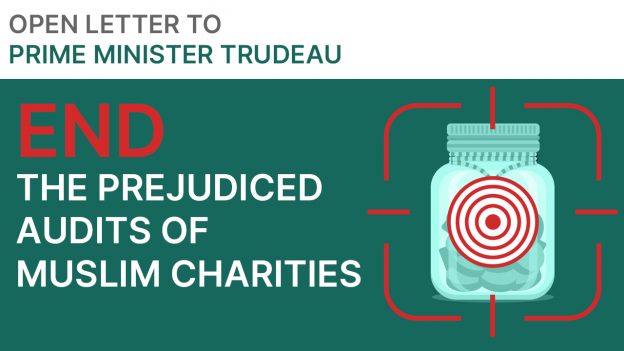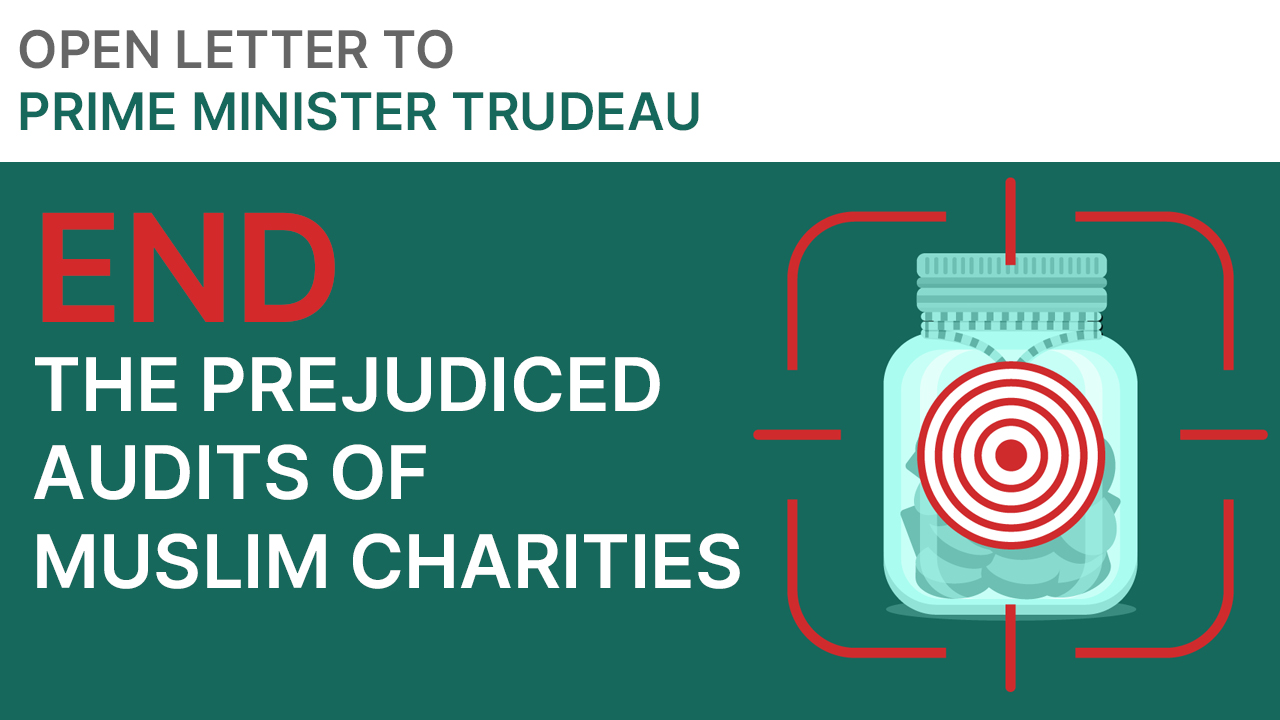Check out what we’ve been up to this so far in 2021 and what we have in store for the rest of the year!
We do not receive any funding from any federal, provincial or municipal governments or political parties so your support is essential to our work.
If you think our work is important, please support the ICLMG with a one-time or monthly donation or become a supporter on Patreon for as little as $1/month and get rewards!
Don’t expand anti-terror laws to fight racism
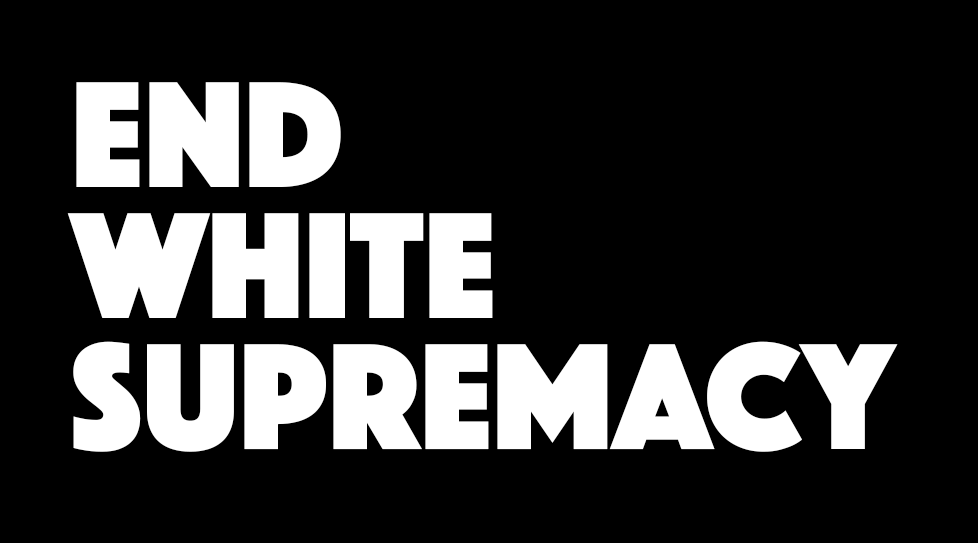 Following the addition of new groups to the Terror Entities List in February 2021 – and in continuity with our mandate and official positions since our creation in 2002 – we have denounced the use and expansion of racist and rights-violating anti-terror laws to fight hate and white supremacism, including the list.
Following the addition of new groups to the Terror Entities List in February 2021 – and in continuity with our mandate and official positions since our creation in 2002 – we have denounced the use and expansion of racist and rights-violating anti-terror laws to fight hate and white supremacism, including the list.
In January, we wrote an op-ed and sent a letter to the Prime Minister and the Public Safety Minister to denounce their plans to use the problematic Terror Entities List.
In February we published a press release following the news that new groups were added to the list and, with Azeezah Kanji, we sent an open letter to the federal government signed by 175 individuals and organizations opposing the expansion of anti-terror laws to fight racism. We continue to publicize our letters and to fight for the abrogation of the list.
Our parliamentary work
 We convened calls with our members, partner organizations and other experts on several topics coming up in the political sphere, including facial recognition surveillance by security agencies, the “online harms” legislation, Bill C-11 (amending PIPEDA), and the reform of the Privacy Act. We submitted a brief regarding the latter to the government consultation outlining our concerns around national security-related elements.
We convened calls with our members, partner organizations and other experts on several topics coming up in the political sphere, including facial recognition surveillance by security agencies, the “online harms” legislation, Bill C-11 (amending PIPEDA), and the reform of the Privacy Act. We submitted a brief regarding the latter to the government consultation outlining our concerns around national security-related elements.
We met with MPs from various federal parties, Public Safety critics and Directors of Policy and Research, Representatives from the Canada Revenue Agency and Finance Canada, Parliamentary and Policy staff from the Office of the Public Safety Minister and Public Safety Canada, and Policy staff from the Office of the Justice Minister and Justice Canada. We also met with the Office of the Privacy Commissioner, and the National Security and Intelligence Review Agency.
Report exposing CRA’s Prejudiced Audits against Muslim Charities
 In June, we published a report entitled The CRA’s Prejudiced Audits: Counter-Terrorism and the Targeting of Muslim Charities in Canada. The report was covered in more than 75 news articles and op-eds.
In June, we published a report entitled The CRA’s Prejudiced Audits: Counter-Terrorism and the Targeting of Muslim Charities in Canada. The report was covered in more than 75 news articles and op-eds.
To accompany the report, we created a letter-writing campaign to Stop CRA’s Prejudiced Audits. More than 2400 emails have been sent so far. We also organized a public event to present the findings and recommendations and recorded it for further distribution. We sent an open letter signed by 130 groups to Prime Minister Trudeau supporting our report. Finally, we will continue to meet with federal officials to present the report and our recommendations for change to stop those prejudiced audits.
Justice for Dr Hassan Diab and his family!
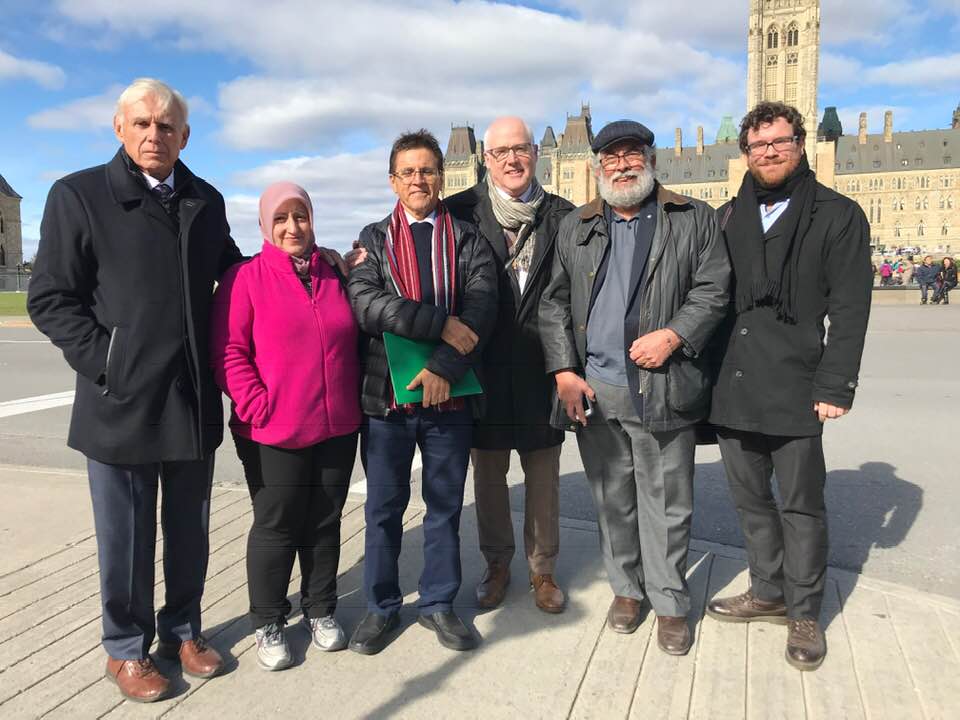
Despite no new evidence, strong exculpatory evidence, and contradictory reasoning, France’s highest court recently confirmed the Court of Appeal’s decision ordering Hassan to stand trial. We have thus recently been fighting for the federal government to commit to refusing a second extradition, and to urge France to put an immediate end to this continuing miscarriage of justice.
We have published two press releases, hosted a press conference and participated in another, as well as created new domestic and international letter-writing campaigns calling for those actions. More than 7000 emails have been sent so far. We also publicized a parliamentary petition started by the Hassan Diab Support Committee. We also continue pushing for the reform of the extradition law so that what happened to Hassan never happens again.
ICLMG in the media
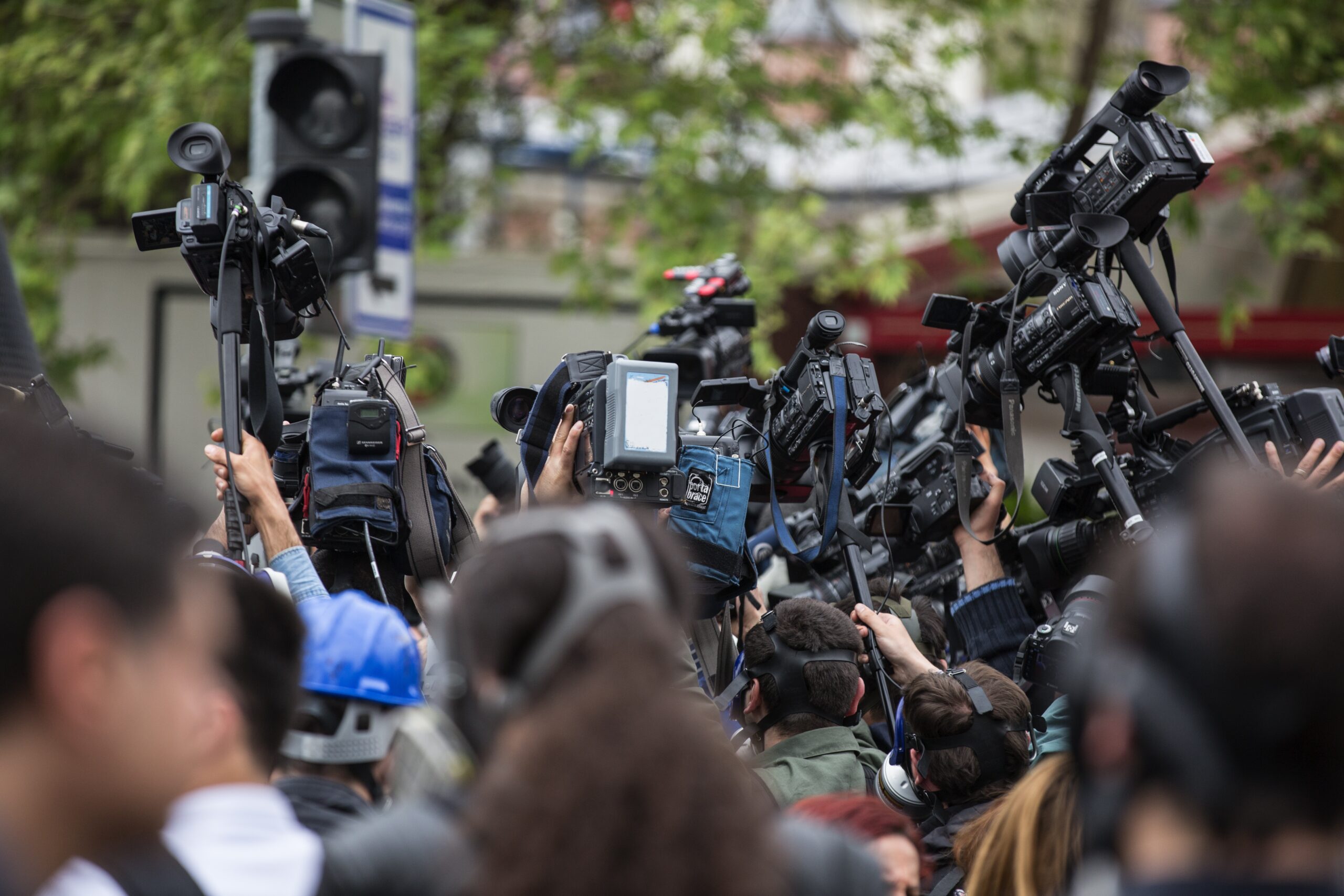
CBC: Using terrorist list to label white supremacists risks repeating errors of 9/11 era, civil rights groups say + 10 more
The Canadian Press: Trudeau signals support for Hassan Diab as advocates demand intervention with France + Canada’s spy warrant shortcomings stretch back at least 9 years, audit shows
Free City Radio #33: Tim McSorley on opposing anti-terror legislation in Canada
Coverage of our CRA report: CRA audits disproportionately targeted Muslim charities for years says civil liberties group in the Hill Times + 40 more media
Coverage of the open letter signed by 130+ groups in support of our CRA report: Muslim charities concerned about targeted audits call for security watchdog probe in The Canadian Press + 35 more media. And more!
Presentations and events
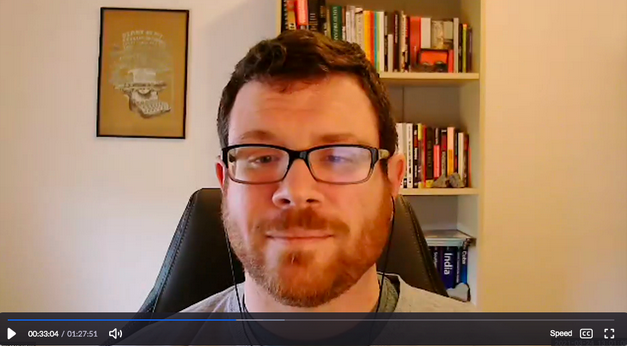 Presentation to the Bias Sensitivity, Diversity and Identity in National Security symposium organized by Public Safety Canada.
Presentation to the Bias Sensitivity, Diversity and Identity in National Security symposium organized by Public Safety Canada.
We participated in an online event for the official launch of the Big Data Surveillance Project book we contributed a chapter to. Watch the video here. You can purchase the book here.
We co-presented the online event “Challenging Security Inadmissibility in Canada’s Immigration System” with the Canadian Council for Refugees, and the Canadian Association of Refugee Lawyers, and with panelists Sharry Aiken, Warda Shazadi Meighen, and Washim Ahmed.
We co-sponsored Noor Cultural Centre’s event: Connecting Abolitionist Struggles: Settler Colonialism, Mass Incarceration & the “War on Terror” with speakers Dr. Arun Kundnani, El Jones and Shady Hafez.
We published op-eds, articles & statements

NEW “The Case for a Ban on Facial Recognition Surveillance in Canada” in Queens University Surveillance & Society Journal
Privacy Commissioner Report Slamming RCMP Use of Facial Recognition Technology Demonstrates the Need for an Immediate Ban, Says Civil Liberties Coalition
ICLMG denounces Islamophobic and hate-based attack in London and expresses deep condolences to the family and Muslim community
Intelligence Commissioner Report 2020: The Mysterious Case of the Disappearing Canadian Datasets and Other Observations
… and more!
 We co-signed a letter to the Prime Minister denouncing the attacks and escalation of violence perpetrated by Israeli authorities on Palestinian civilians.
We co-signed a letter to the Prime Minister denouncing the attacks and escalation of violence perpetrated by Israeli authorities on Palestinian civilians.
We shared many calls to action via our News Digest and social media including a recent action to stop the deportation of Moe Harkat – which included our updated letter-writing campaign – and calls for the release of Cihan Erdal from a Turkish jail.
We continue to publish our News Digest, which is distributed to thousands of people
+ Check out the News Digest archive if you’ve missed some of our issues.
+ If you know anyone interested in receiving it, send them an invite to sign up!
What we have planned for the rest of the year
-
We will organize activities around the 20th “anniversary” of the beginning of the so-called “War on Terror” and the rushed adoption of Canada’s Anti-terrorism Act of 2001, as well as the problematic laws passed and human rights abuses inflicted since in the name of national security.
-
We will continue to protect our civil liberties against surveillance, including the threat of facial recognition technology, government’s relentless attempts to weaken encryption, and online mass surveillance by security agencies.
-
We will continue to push for greater accountability and transparency for the Canada Border Services Agency (CBSA), including the establishment of a strong, effective and independent review mechanism.
-
We will continue to fight to abolish security certificates and end deportation to torture. Central to this is our work to stop Mohamed Harkat’s deportation to torture.
-
We will continue to monitor the implementation of the National Security Act, 2017 (formerly Bill C-59), especially around mass surveillance and immunity for CSIS employees.
-
We will continue advocating for the repeal of the Canadian No Fly List, and for putting a stop to the use of the US No Fly List by air carriers in Canada for flights that do not land in or fly over the US.
-
We will continue to call for justice for Dr. Hassan Diab and for the reform of the Extradition Act.
-
We will continue to pressure lawmakers to protect our civil liberties from the negative impact of national security and the “war on terror”, as well as keeping you and our member organizations informed via the News Digest.

If you think our work is important, please support the ICLMG!
We are counting on people like you.
Invest in our work!
Thank you for your support in protecting civil liberties!
— Xan & Tim
PS: For what we were up to in the second half of 2020, click here!
PPS: For what we’ve been up to since ICLMG was created in 2002, check out our Achievements page!
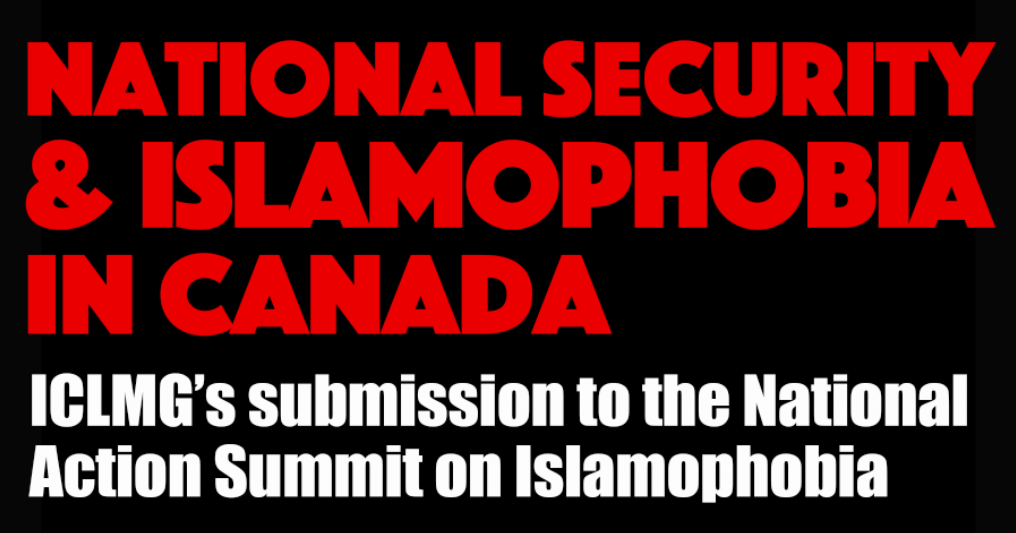 As a broad-based coalition deeply concerned by the impacts of Islamophobia and other forms of hate and racism in Canada, we have submitted a brief to the National Action Summit on Islamophobia proposing ways the Canadian government can work to address and counter Islamophobia in our country.
As a broad-based coalition deeply concerned by the impacts of Islamophobia and other forms of hate and racism in Canada, we have submitted a brief to the National Action Summit on Islamophobia proposing ways the Canadian government can work to address and counter Islamophobia in our country.
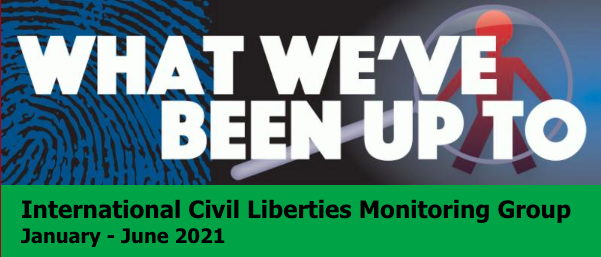
 Following the addition of new groups to the Terror Entities List in February 2021 – and in continuity with our mandate and official positions since our creation in 2002 – we have denounced the use and expansion of racist and rights-violating anti-terror laws to fight hate and white supremacism, including the list.
Following the addition of new groups to the Terror Entities List in February 2021 – and in continuity with our mandate and official positions since our creation in 2002 – we have denounced the use and expansion of racist and rights-violating anti-terror laws to fight hate and white supremacism, including the list. We convened calls with our members, partner organizations and other experts on several topics coming up in the political sphere, including facial recognition surveillance by security agencies, the “online harms” legislation, Bill C-11 (amending PIPEDA), and the reform of the Privacy Act. We submitted a brief regarding the latter to the government consultation outlining our concerns around national security-related elements.
We convened calls with our members, partner organizations and other experts on several topics coming up in the political sphere, including facial recognition surveillance by security agencies, the “online harms” legislation, Bill C-11 (amending PIPEDA), and the reform of the Privacy Act. We submitted a brief regarding the latter to the government consultation outlining our concerns around national security-related elements. In June, we
In June, we 


 Presentation to the Bias Sensitivity, Diversity and Identity in National Security symposium organized by Public Safety Canada.
Presentation to the Bias Sensitivity, Diversity and Identity in National Security symposium organized by Public Safety Canada.
 We
We 
